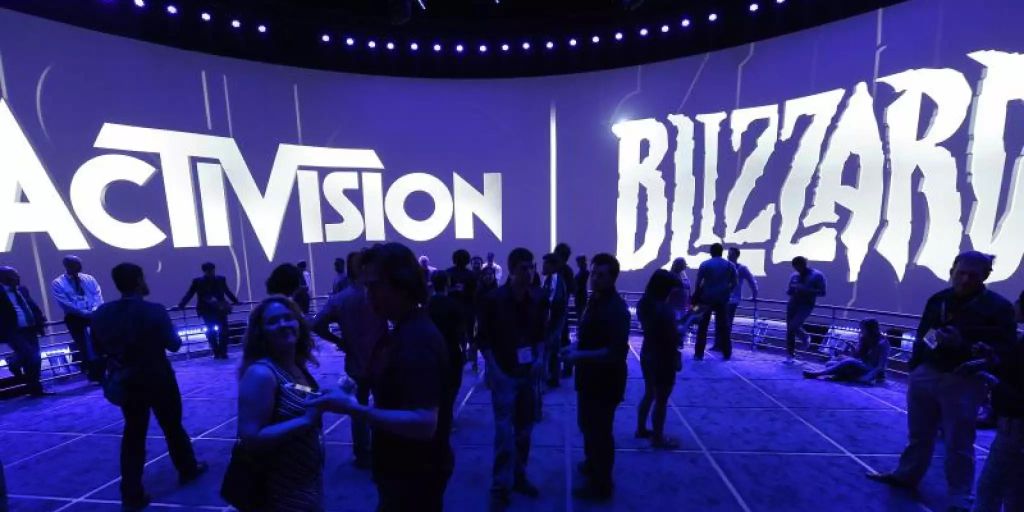Xbox parent Microsoft announced plans to acquire video game developer Activision Blizzard for a staggering $68.7 billion, bringing some of the gaming world’s biggest titles—Call of Duty, Warcraft, Candy Crush, Diablo—under its umbrella.
The deal marks Microsoft’s biggest purchase in company history, dwarfing its $26.2 billion acquisition of LinkedIn.
With the acquisition, Microsoft could take Activision Blizzard’s extensive game library and put it on the fast-growing Xbox Game Pass and PC Game Pass subscription services—as well as any future virtual reality and metaverse platforms.
Microsoft’s two game pass offerings, which cost $10 to $15 monthly, already boast about 25 million subscribers combined, Microsoft officials said Tuesday when announcing the merger.
Microsoft also could make those games exclusive to its own platforms, squeezing out its primary domestic competitor, Sony PlayStation.
Xbox’s gaming chief, Phil Spencer, didn’t make any comments about game exclusivity, but the prospect of Call of Duty leaving the PlayStation console quickly sent some gamers into a tizzy.
If that strategy sounds familiar, look no further than the video streaming wars of the past decade.
After years of offering television shows and movies made by other companies, Netflix decided in the early 2010s to develop its own content.
When its own productions gained critical and commercial acclaim—House of Cards, Orange Is The New Black, Stranger Things—subscriptions took off and Netflix reduced its reliance on outside producers that could shop their product around.
Soon, competitors such as Disney, WarnerMedia, and NBCUniversal, developed their own exclusive content and streaming platforms, while also bringing their libraries in-house.
The lesson: intellectual property—not hardware—is king.
Microsoft, best known as the producer of the Xbox console, has been moving in this direction for several years now by investing in gaming studios.
After more than a decade of modest success at developing games internally—notable titles include Halo, Gears of War, and Age of Empires—Microsoft made its first big splash by spending $2.5 billion to acquire Minecraft developer Mojang in 2014.
Microsoft gobbled up several smaller studios in 2018, then laid down $7.5 billion for ZeniMax Media, the parent company behind the Doom, Fallout, and The Elder Scrolls titles.
While the Activision Blizzard acquisition comes at a premium price, Microsoft would take control of even more premium content that it can spin onto its platforms for years to come.
“We know that a thriving entertainment service needs a consistent and exciting flow of new content,” Microsoft Xbox Game Studios head Matt Booty said in June. “So our portfolio will continue to grow as our service grows.”
The deal also helps solidify Microsoft’s subscription advantage over Sony, which hasn’t yet launched a Game Pass competitor; Apple, which remains largely focused on mobile gaming through its Arcade offering; and Electronic Arts, which offers far fewer titles on its subscription service.
One big caveat for the deal: regulators in the U.S. and European Union, who are increasingly targeting large mergers for anti-competitive scrutiny, could still quash the purchase. Notably, the EU scrutinized Microsoft’s 2018 deal for ZeniMax Media before ultimately signing off on it.
Read full story on Fortune Magazine


